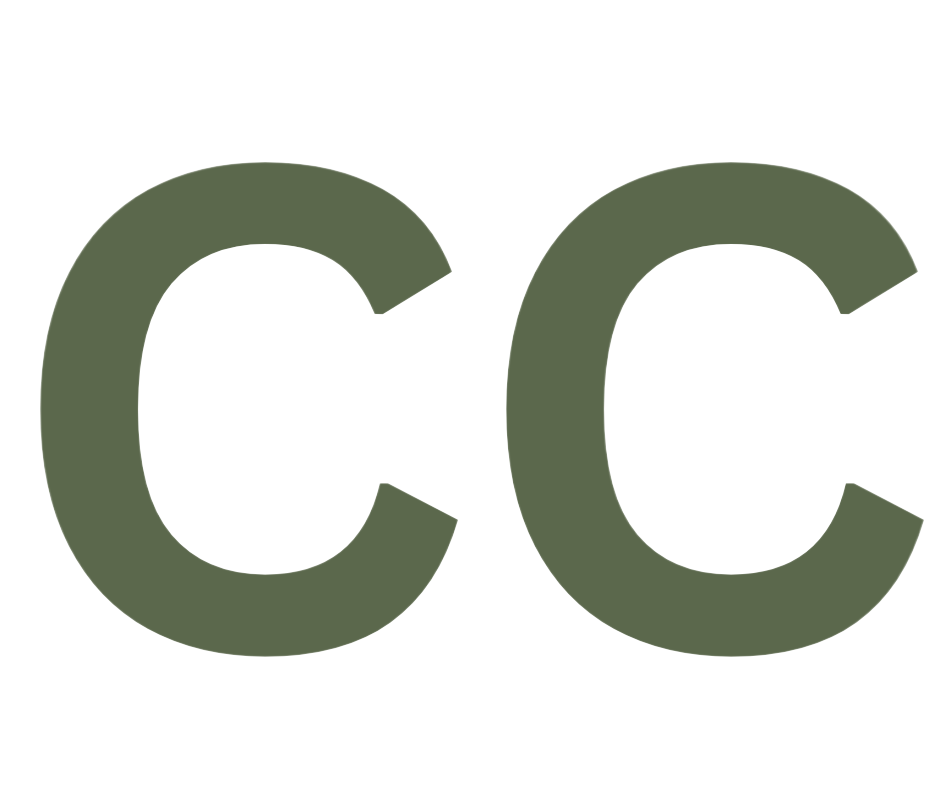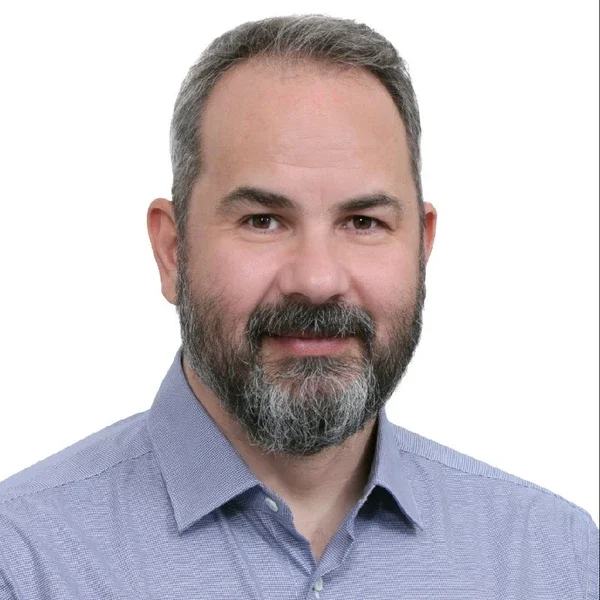Ordinary Member Candidate for the ICOM Executive Board
Three Recommended Priorities for the ICOM
-
The first priority is to ensure that the current Strategic Plan (2022–2028) delivers concrete results for professionals across our network. Strategies must not remain mere words on paper; they must translate into actions that improve daily practice. This plan already reflects many of our collective priorities, but its success depends on aligning implementation with our real needs.
My commitment is to focus on measures that strengthen our skills, raise
standards, and provide advocacy that supports our role in society. ICOM’s strength has always been its universality. Our professionals come from every continent, culture, and discipline yet share one commitment: serving museums and their communities with integrity. Regardless of geography or background, every member deserves equal voice, equal opportunity, and equal respect.
Where the plan lags, I will encourage course corrections so that its outcomes remain relevant. Above all, I see my role as a bridge between the Board and our realities ensuring that decisions made at the top are effectively translated into tools and opportunities that we can utilise in our work.
-
The second priority is to shape the next Strategic Plan (2028–2034) with professionals at its core. The world of museums is changing at an unprecedented pace, and the plan must prepare us not only for today’s challenges but also for those still to come. This strategy must be inclusive in its design and ambitious in its vision. I will advocate for broad regional consultations and open digital platforms to ensure that every professional has the opportunity to contribute, whether we are leading a major institution, running a local museum, or working in contexts where even the basics are not yet secure. At the same time, I will champion a forward-looking agenda that embeds digital innovation, collaboration, business and governance as essential elements of our practice. Pilot initiatives tested in 2026–2027 will allow us to refine ideas before scaling them up in the 2028–2034 strategy. The outcome must be both realistic and ambitious: a roadmap we can envision ourselves in, one that provides practical tools for our career while also positioning ICOM as a leader in global cultural policy.
-
The third priority is to embrace diversity and reject one-size-fits-all approaches, because professionals everywhere work in vastly different realities. With ICOM’s membership growing by nearly ten per cent annually and new committees emerging in countries such as Sudan, Palestine, and Rwanda, it is evident that uniform solutions cannot serve us all. My commitment is to ensure that ICOM’s programmes adapt to local contexts while offering global solidarity. This means resources in more languages, platforms that work even in low-connectivity areas, and opportunities to connect with peers in similar contexts. It refers to peer-to-peer exchanges where experienced professionals mentor and support colleagues in regions that are still developing their practice. Diversity must not remain a principle in theory; it must shape how programmes are designed and delivered, ensuring that all professionals feel included and empowered to thrive.
Three Recommended Priorities for the Global Role of ICOM
-
The first global priority is to ensure that professionals in every region feel the presence and relevance of ICOM in their careers. Too many colleagues, particularly in underrepresented areas, still feel disconnected from the organisation and excluded from international debates that affect their future and the future of the museum sector in their area. I want to change that. I will advocate for professionals in global forums where culture, technology, and education are discussed, ensuring our voices are represented. I will work to elevate the work of national and international committees so that our achievements are more visible, and I will build alliances with other sectors—such as tourism, education, technology, and urban development—to demonstrate that museum professionals are central to broader societal goals.
-
The second global priority is to invest in the professional growth of mid- and senior-level colleagues. While much of ICOM’s training has focused on early careers, those who already lead institutions often carry the most significant responsibilities without adequate support. They are the ones navigating financial instability, managing digital change, and balancing governance pressures, yet opportunities for development at their level remain limited. I believe lifelong learning must be a cornerstone of our profession and our organisation. I will work to create advanced programmes on leadership, governance, and crisis management, developed in collaboration with committees and academic partners. I will also support networks of mentorship and peer learning, enabling our members to exchange solutions and strategies with colleagues across borders. By strengthening professionals at this stage, we reinforce the entire ecosystem of museums and heritage.
-
The third global priority is to create meaningful opportunities for international collaboration, ensuring that professionals everywhere can learn, share, and innovate together. Many colleagues remain isolated due to geography, limited resources, or conflict, and are unable to participate in ICOM’s global dialogue fully. My goal is to position ICOM as the hub that brings professionals together across regions and disciplines to work on shared challenges and to foster international collaborations. This means supporting long-term partnerships, joint research, and exchanges that yield tangible professional benefits rather than merely symbolic gestures. It also means ensuring that colleagues from underrepresented regions are fully integrated into these networks, so that diverse perspectives enrich the whole profession. Collaboration must become the heartbeat of ICOM, turning isolation into solidarity and shared innovation.


